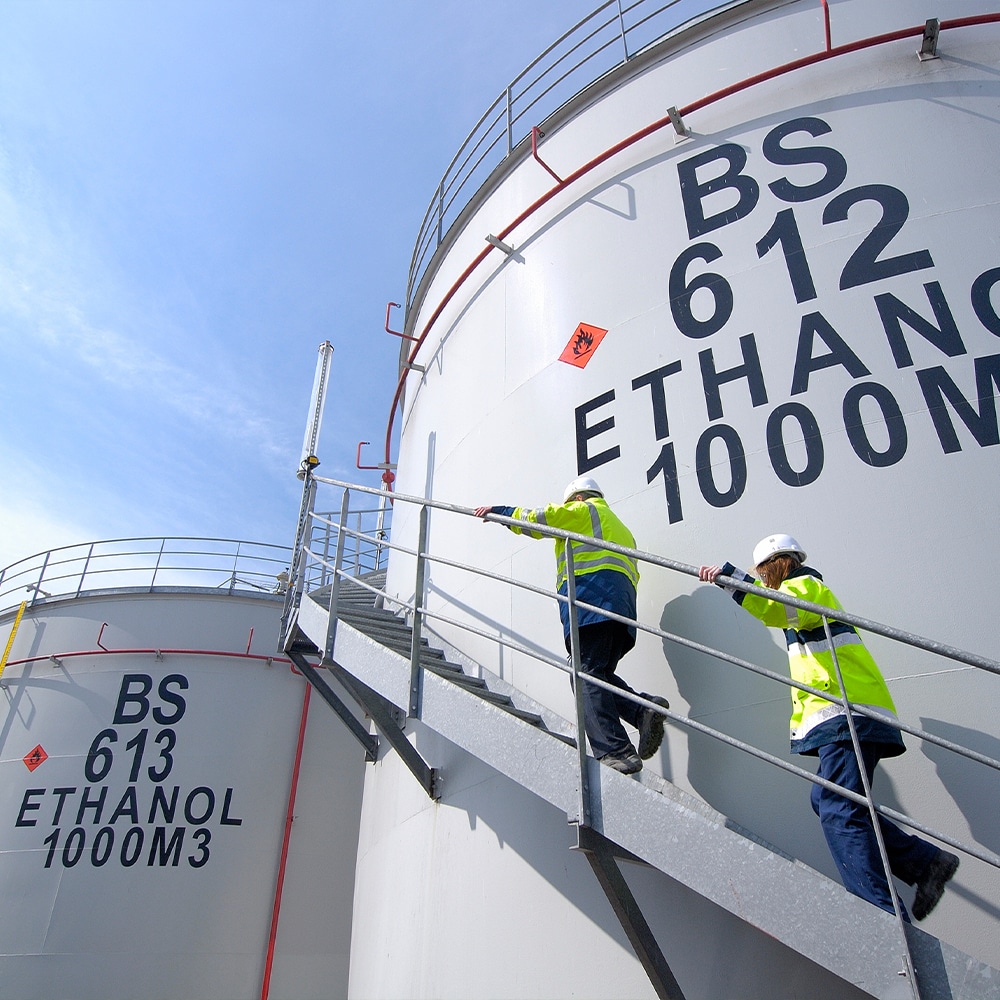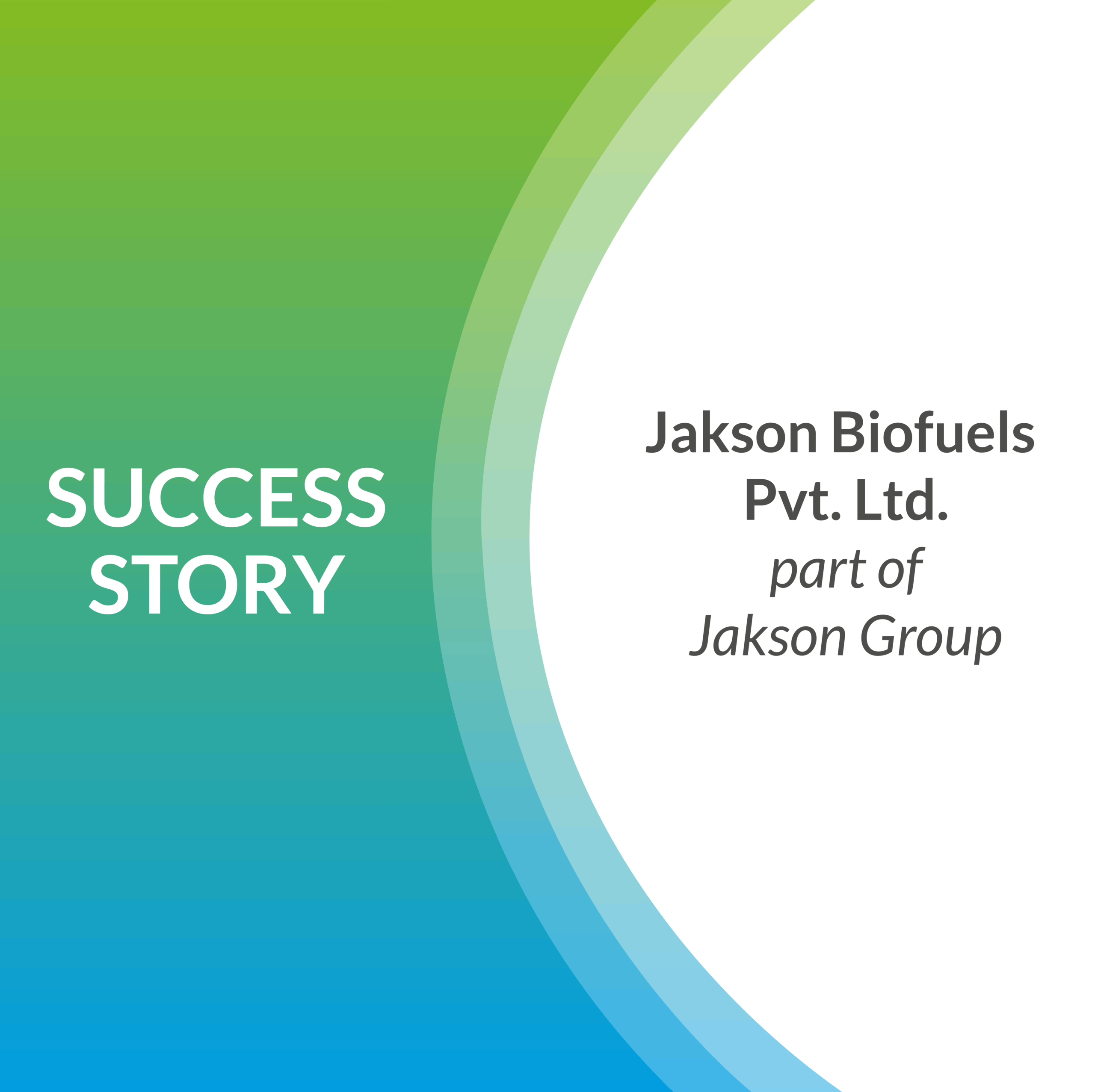Yeast is a key element in industrial ethanol production and each cell functions like a microscopic production unit, transforming fermentable materials into ethanol and several co-products, such as CO2 and glycerol. Much like in a production unit, selecting the right ethanol yeast is a critical technological decision that will directly affect your production efficiency and profitability.
An ethanol yeast adapted to your raw materials

Industrial ethanol can be produced from a variety of raw materials – such as corn, cane, beet, cassava, wheat, agricultural residues, and dedicated crops. The characteristics and quality of these feedstocks often vary depending on the geography and season, making it essential to select yeast strains that are specifically adapted to your feedstock’s characteristics. Some feedstocks may contain inhibitors, such as organic acids, or toxic compounds that could hinder fermentation. To address these challenges, it is critical to choose a yeast strain with enhanced tolerance to such stresses or the ability to detoxify the mash. Doing so ensures consistent fermentation performance and optimal ethanol yields, regardless of variations in feedstock quality.
A yeast fitting your plant's specific conditions
Every ethanol plant has unique parameters. Selecting a yeast that aligns with your specificities and objectives is vital for achieving optimal results. For plants using high-gravity fermentation processes – which involves higher sugar and ethanol concentrations – choosing a yeast with higher sugar and ethanol tolerance levels is preferred. Additionally, plants located in hot climates or operating at high temperatures should opt for a yeast capable of thriving in such conditions. Beyond adapting to environmental factors, some yeast strains offer rapid fermentation kinetics, enabling faster turnaround times, while others deliver improved yield efficiency by converting more sugar into ethanol. These performance traits have a direct impact on productivity and plant profitability.
Optimizing yeast performance

Fermentation is at the heart of industrial ethanol production, and optimizing it can unlock significant gains in efficiency and yield. Fermentation optimization is directly related to the yeast’s characteristics. In addition to optimization of process parameters at the plant, yeast performance optimization can bring productivity gains via faster fermentation kinetics, and/or yield gains from nutrition and process tweaks that allow more ethanol to be produced from the same amount of sugar.
The entire bioethanol production process is in continuous improvement to valorize all co-products and improve plant profitability. To meet today’s challenges, the industry innovates and develops new solutions adapted to local conditions. The same is true for yeast. We develop and market innovative fermentation solutions for today’s and tomorrow’s processes.
Are you ready to find the perfect yeast for your ethanol plant? Contact our team to discuss your unique requirements!




